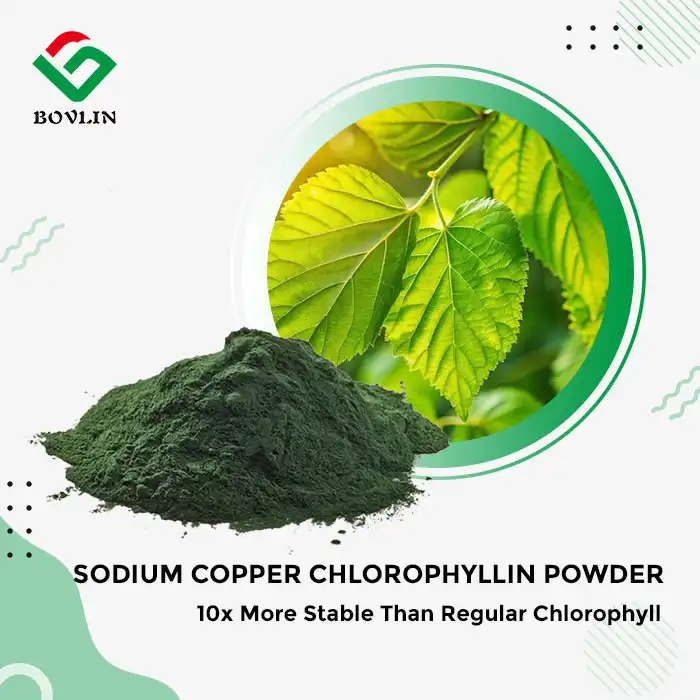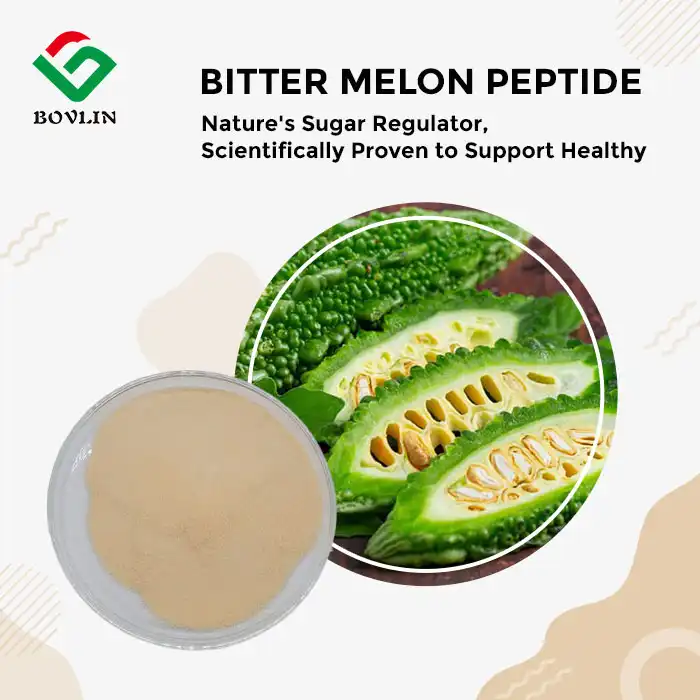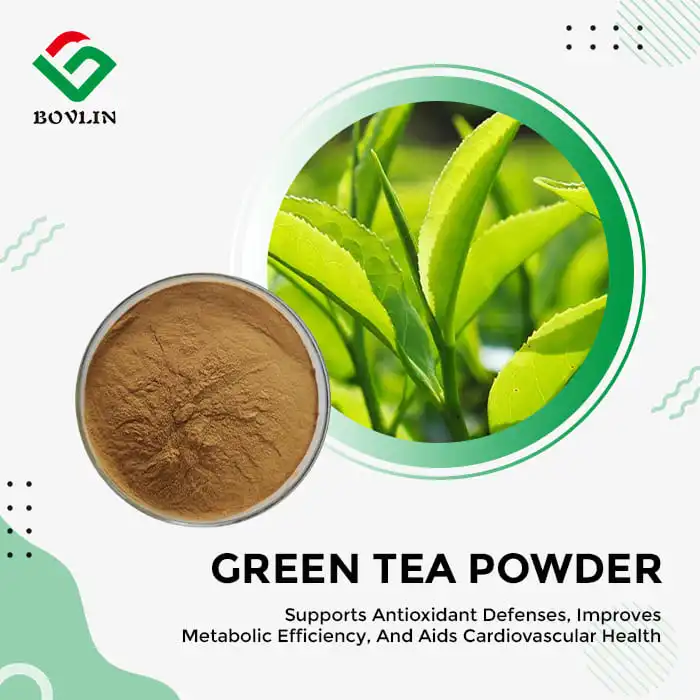What Biological Activities Are Linked to Soybean Peptides?
Cardiovascular Health Benefits
Soybean peptides have demonstrated remarkable potential in promoting cardiovascular health. Research has shown that these bioactive compounds can help regulate blood pressure by inhibiting angiotensin-converting enzyme (ACE), a key player in blood pressure control. This ACE-inhibitory activity of soybean peptides contributes to their antihypertensive effects, potentially reducing the risk of cardiovascular diseases. Moreover, certain soybean peptides have exhibited cholesterol-lowering properties, which further enhances their cardioprotective potential.
Immunomodulatory Effects
The immune system plays a crucial role in maintaining overall health, and soybean peptides have shown promise in modulating immune responses. Studies have indicated that specific soy oligopeptides can enhance the production of immunoglobulins and cytokines, thereby boosting the body's defense mechanisms. This immunomodulatory activity of soybean peptides suggests their potential application in supporting immune function and possibly mitigating certain immune-related disorders.
Anticancer Properties
One of the most intriguing aspects of soybean peptides is their potential anticancer properties. Various research studies have investigated the effects of soybean peptide fractions on different cancer cell lines. Some peptides derived from soybeans have demonstrated the ability to inhibit cancer cell proliferation, induce apoptosis (programmed cell death) in tumor cells, and even suppress angiogenesis (the formation of new blood vessels that feed tumors). While more research is needed to fully understand these mechanisms, the anticancer potential of soybean peptides opens up exciting possibilities for their use in nutraceutical and functional food applications aimed at cancer prevention.
Antioxidant, Anti-inflammatory, and Metabolic Impacts
Free Radical Scavenging Activity
Soybean peptides have garnered attention for their potent antioxidant properties. These bioactive compounds exhibit remarkable free radical scavenging activity, helping to neutralize harmful reactive oxygen species (ROS) that can damage cellular components. The antioxidant capacity of soybean peptides is attributed to their unique amino acid composition and sequence, which allows them to donate electrons or hydrogen atoms to stabilize free radicals. This antioxidant activity not only protects cells from oxidative stress but also contributes to the overall stability and shelf-life of products containing soybean peptide powder.
Inflammation Modulation
Chronic inflammation is implicated in various health conditions, and soybean peptides have shown promising anti-inflammatory effects. Research has demonstrated that certain soy oligopeptides can modulate the expression of pro-inflammatory cytokines and enzymes, effectively reducing inflammation at the cellular level. This anti-inflammatory action of soybean peptides makes them valuable ingredients in functional foods and nutraceuticals aimed at supporting overall health and potentially alleviating symptoms associated with inflammatory conditions.
Metabolic Regulation
The impact of soybean peptides on metabolism is an area of growing interest. Studies have shown that these bioactive compounds can influence various aspects of metabolic function, including glucose homeostasis and lipid metabolism. Some soybean peptides have demonstrated the ability to enhance insulin sensitivity and glucose uptake in cells, suggesting potential benefits for metabolic health. Additionally, certain peptides derived from soybeans have been found to modulate lipid metabolism, potentially contributing to improved lipid profiles and weight management. These metabolic effects underscore the potential of soybean peptide powder in functional food formulations targeting metabolic health.

Role of Soybean Peptides in Functional Nutrition
Enhancing Protein Quality in Food Products
Soybean peptides play a crucial role in enhancing the nutritional profile of various food products. As a high-quality protein source, soy peptide powder can be incorporated into a wide range of functional foods to boost their protein content and improve amino acid balance. The small size of these peptides makes them highly bioavailable, allowing for efficient absorption and utilization by the body. Food manufacturers can leverage this property to create protein-enriched products that cater to specific nutritional needs, such as sports nutrition or elderly care formulations.
Bioactive Ingredients in Nutraceuticals
The diverse biological activities of soybean peptides make them valuable ingredients in the nutraceutical industry. Manufacturers can harness the antioxidant, anti-inflammatory, and metabolic benefits of soy oligopeptides to develop targeted nutritional supplements. These bioactive peptides can be formulated into capsules, tablets, or powders, offering a convenient way for consumers to incorporate their health-promoting properties into their daily routines. The versatility of soybean peptides allows for the creation of specialized nutraceutical products addressing various health concerns, from cardiovascular support to immune function enhancement.
Functional Ingredient in Specialized Diets
Soybean peptides are gaining recognition as functional ingredients in specialized dietary formulations. Their unique properties make them suitable for inclusion in medical nutrition products, such as those designed for patients with specific health conditions or nutritional requirements. For instance, the ACE-inhibitory activity of certain soybean peptides can be utilized in formulations targeting blood pressure management. Similarly, their potential to modulate glucose metabolism makes them interesting candidates for products aimed at supporting glycemic control. The adaptability of soybean peptide powder allows manufacturers to develop tailored nutritional solutions that address specific health needs while maintaining optimal palatability and functionality.
Conclusion
The multifaceted effects of soybean peptides underscore their significant potential in functional nutrition and bioactive ingredient applications. From cardiovascular health support to antioxidant and anti-inflammatory properties, these versatile compounds offer a wide range of benefits for food and nutraceutical manufacturers. As research continues to uncover new insights into the biological activities of soybean peptides, their role in developing innovative, health-promoting products is likely to expand. The integration of soybean peptide powder, soy peptide powder, and soy oligopeptides into various formulations represents a promising avenue for companies seeking to enhance the nutritional and functional properties of their products.
Contact Us
Are you interested in harnessing the power of soybean peptides for your products? Discover how our high-quality soybean peptide powder can elevate your formulations and meet the growing demand for functional ingredients. Contact us today at sales1@bovlin.com to learn more about incorporating soybean peptides into your manufacturing process and explore the potential of these remarkable bioactive compounds.












